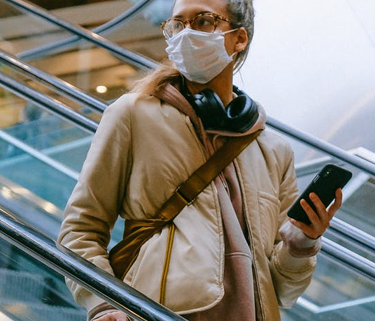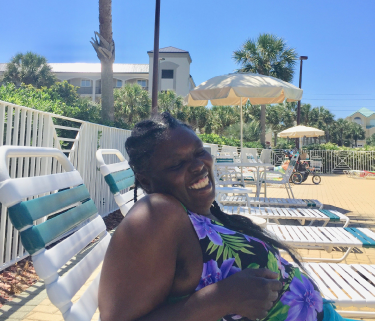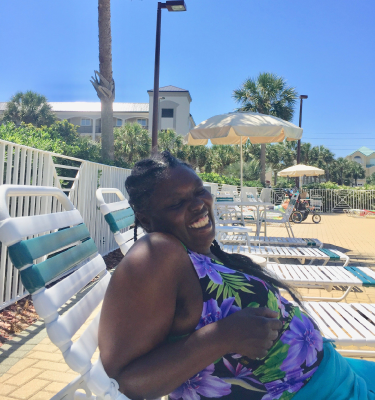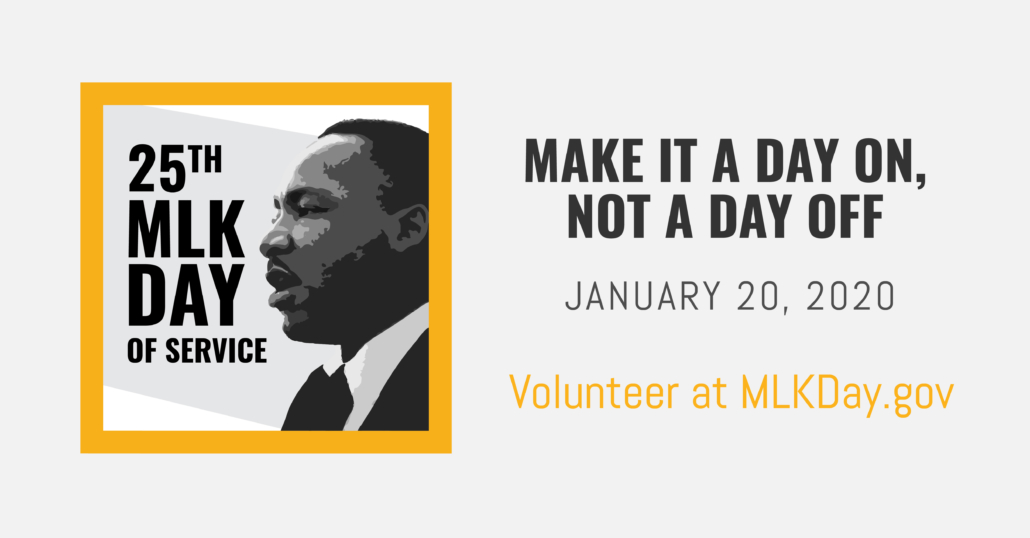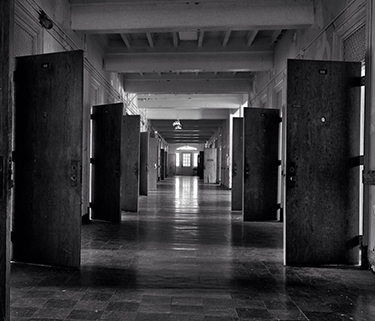Small Victories, but Stimulus Bill Overlooks Many Critical Needs of People With Disabilities, Their Families, and Workforce in COVID-19 Crisis
Washington, D.C. – While the legislation passed by Congress this week to address the COVID-19 pandemic will help in some ways, many of the grave issues facing people with intellectual and developmental disabilities (I/DD), their families, and workforce, were ignored.
“This is an unprecedented crisis for everyone, and everyone includes people with disabilities and their families. While this bill does provide some important support in this pandemic, there are huge risks facing people with disabilities, their families, and the direct support professional workforce that were largely ignored in this response,” said Peter Berns, CEO, The Arc.
The big missing pieces in this $2 trillion bill are:
No new funds for in-home supports. As we have seen in nursing homes in Washington state and on cruise ships, COVID-19 is particularly dangerous in congregate settings. To address the needs of people with I/DD who need care at home, Congress must approve funding to expand home and community-based services and minimize the risk of people with disabilities being forced into institutions. States need these additional, new dollars to minimize waiting lists for home and community-based services, and to hire enough workers, provide wage increases and overtime pay to the workforce.
Doesn’t address the shortage of personal protective equipment, and other medical supplies, needed for direct support professionals and providers to be safe. The direct support professional, or DSP, staff often help people with disabilities with very personal tasks that can’t be done from six feet away, yet the gear necessary to do these tasks safely is scarce, and Congress did not expand access to personal protective equipment for DSPs. This will lead to illness and death.
No paid time off for family caregivers of people with disabilities. A family caregiver who has to take off from work to care for a loved one with disabilities is not guaranteed paid time off. Their employer, if they provide time off, will not be eligible for the tax credits Congress provided for employers to cover the costs of paid sick days and expanded Family and Medical Leave Act. As disability service providers have been ordered by government agencies to stop some services, families are scrambling to provide care to their family members with a disability, often at the expense of their job.
Forcing people with disabilities receiving Social Security and Supplemental Security Income (SSI) to jump through needless hoops to access stimulus payments. People with disabilities were included in the stimulus payments, Recovery Rebates, which are exempt from asset and income limits. But to access payments, people must have filed 2018 or 2019 taxes, or now file them, even people with I/DD who receive SSI who earn too little to file taxes.
“We know that thousands of people with disabilities and family members implored their Members of Congress to include these needs in this bill. We are going to have to be a lot louder in the coming weeks, as we face the grim reality of this virus spreading further, putting the health, wellbeing, and lives of people with disabilities, their family members, and direct support professionals on the line,” said Berns.
The stimulus package does respond to some critical needs of people with I/DD and their families by:
Including non-profit organizations that receive Medicaid funds in the small business loan assistance. At first left out of the package, this inclusion is incredibly important for people with disabilities, family members, and service providers because without access to small business loans, some service providers may not survive.
Allowing direct support professionals to accompany and assist the people they support when they are in the hospital. Prior to this bill, this level of support was not allowed. This will assist individuals who end up hospitalized with their transition home after they recover.
Funding for special education and some protections for students. Additional funds that can be used for various education programs, including the Individuals with Disabilities Education Act, or IDEA. The bill does not grant the Department of Education any authority to waive the IDEA, but it does include a directive for the Secretary of Education to make recommendations for waivers for education laws, including IDEA.
Funding for housing. The bill provides $12 billion in funding for U.S. Department of Housing and Urban Development programs, and important eviction and foreclosure protections.
Extending, but not permanently putting in place, a successful program which moves people with disabilities out of segregated settings and into the community. Money Follows the Person program, or MFP, provides flexibilities and funds to support states to continue transitions to the community and away from congregate settings. However, at a time when the risk for institutionalization is high, instead of permanently extending MFP, Congress opted for its fifth short term extension, which now expires November 30, 2020. We will continue to seek permanent reauthorization of this program.
The Arc advocates for and serves people with intellectual and developmental disabilities (I/DD), including Down syndrome, autism, Fetal Alcohol Spectrum Disorders, cerebral palsy and other diagnoses. The Arc has a network of over 600 chapters across the country promoting and protecting the human rights of people with I/DD and actively supporting their full inclusion and participation in the community throughout their lifetimes and without regard to diagnosis.
Editor’s Note: The Arc is not an acronym; always refer to us as The Arc, not The ARC and never ARC. The Arc should be considered as a title or a phrase.

